T4K3.news
Study reveals microglia regulate GABAergic neurogenesis
Research shows microglia are vital for GABAergic neuron production in the human brain.
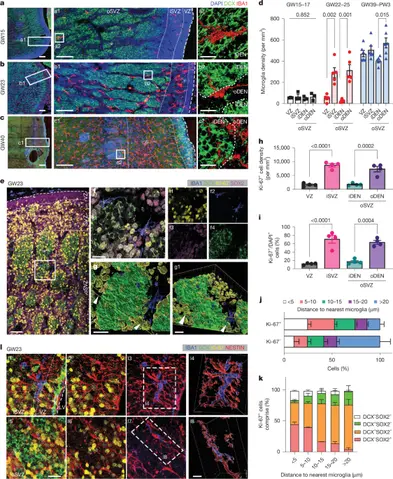
Recent research sheds light on how microglia influence brain development through IGF1.
Microglia play a key role in developing GABAergic neurons in the human brain
A groundbreaking study has revealed that microglia, the immune cells of the brain, regulate the production of GABAergic neurons during human brain development. Researchers demonstrated that microglia in the medial ganglionic eminence secrete insulin-like growth factor 1 (IGF1), promoting the growth and proliferation of neural progenitors and neuroblasts. The study drew on data from human tissue samples, highlighting how microglial activity is linked to the expression of GABAergic neurons essential for cognitive functions. This insight could deepen our understanding of human brain evolution and its complexities.
Key Takeaways
"Microglia-derived IGF1 promotes the proliferation of GABAergic progenitors and neuroblasts."
This highlights the importance of microglia in brain development.
"This study shifts our understanding of neurodevelopment and the role microglia play."
This statement emphasizes the revolutionary implications of the research findings.
This research uncovers a critical process in human brain development that diverges from other species. The discovery of microglia’s role in neurogenesis through IGF1 not only alters our view of immune cells but also opens doors to exploring potential treatments for neurodevelopmental disorders. A better grasp of these mechanisms could lead to innovative approaches in regenerative medicine, targeting specific stages of brain development. As we recognize the intricate interplay between immune function and neuronal growth, the potential impact on neurological health expands.
Highlights
- Microglia’s secret weapon is IGF1, fueling GABAergic growth.
- Understanding neurogenesis could redefine treatment for brain disorders.
- Microglia are not just defenders; they are architects of the brain.
- Unlocking mysteries of human cognition starts with IGF1.
Research on human tissue raises ethical concerns
The use of human brain samples for research is sensitive and may evoke ethical concerns regarding consent and implications for neurodevelopmental understanding.
This research invites further inquiry into the therapeutic potential of targeting microglial functions.
Enjoyed this? Let your friends know!
Related News
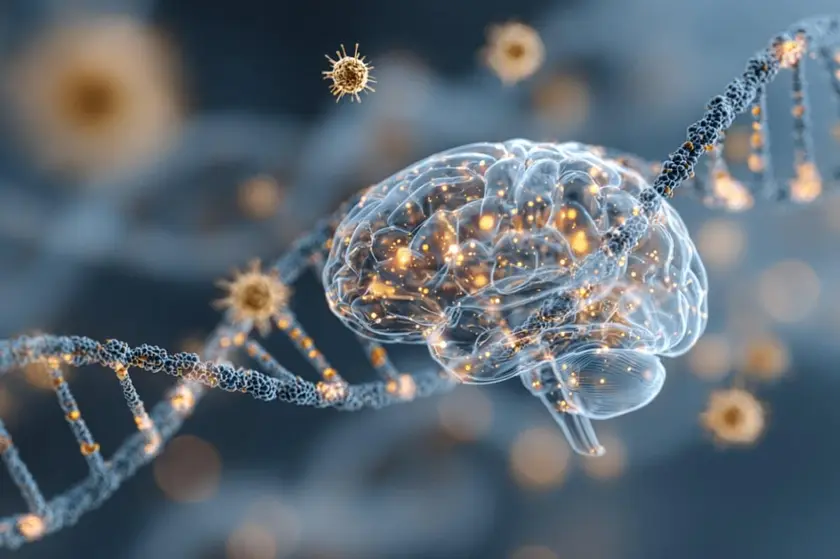
New Research Uncovers Factors Influencing Antidepressant Efficacy
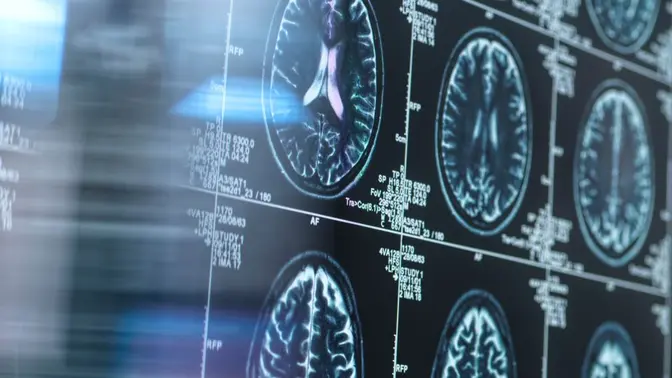
New study reveals lithium's potential role in Alzheimer's prevention
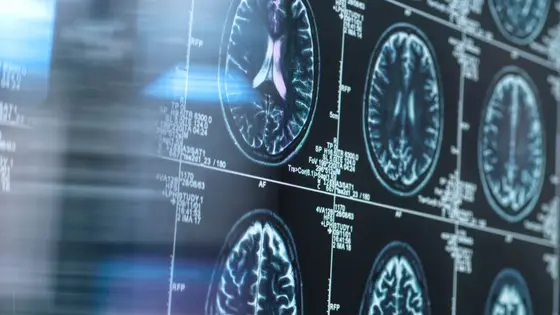
New Harvard study reveals lithium could fight Alzheimer's
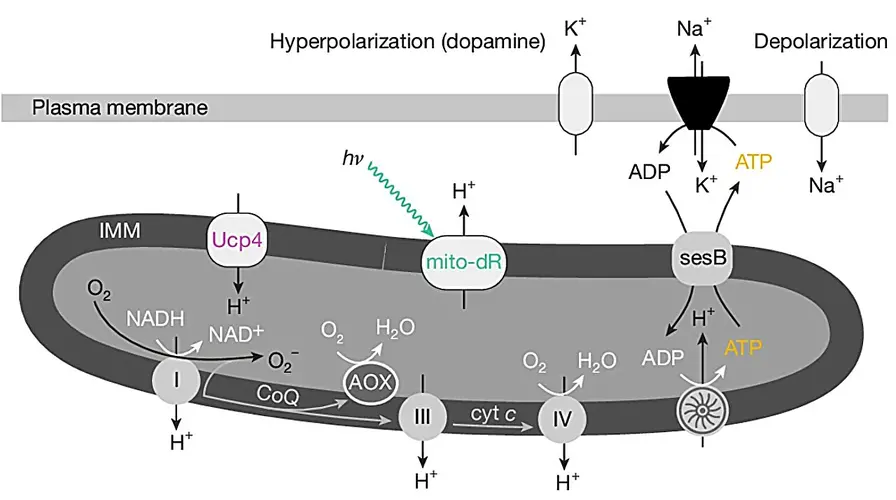
Oxford researchers discover why we need sleep

Study links make-up use to higher asthma risk in women
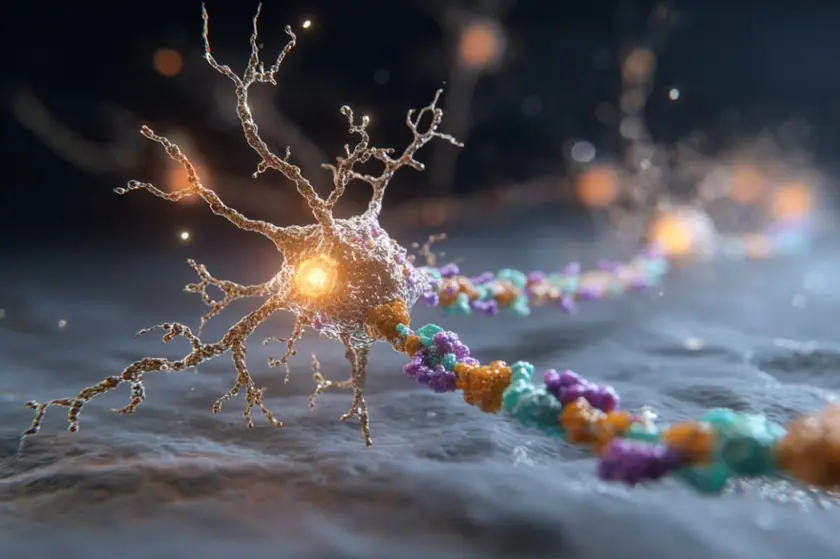
New study reveals secrets of mood regulation receptors

Study links PFAS to increased diabetes risk
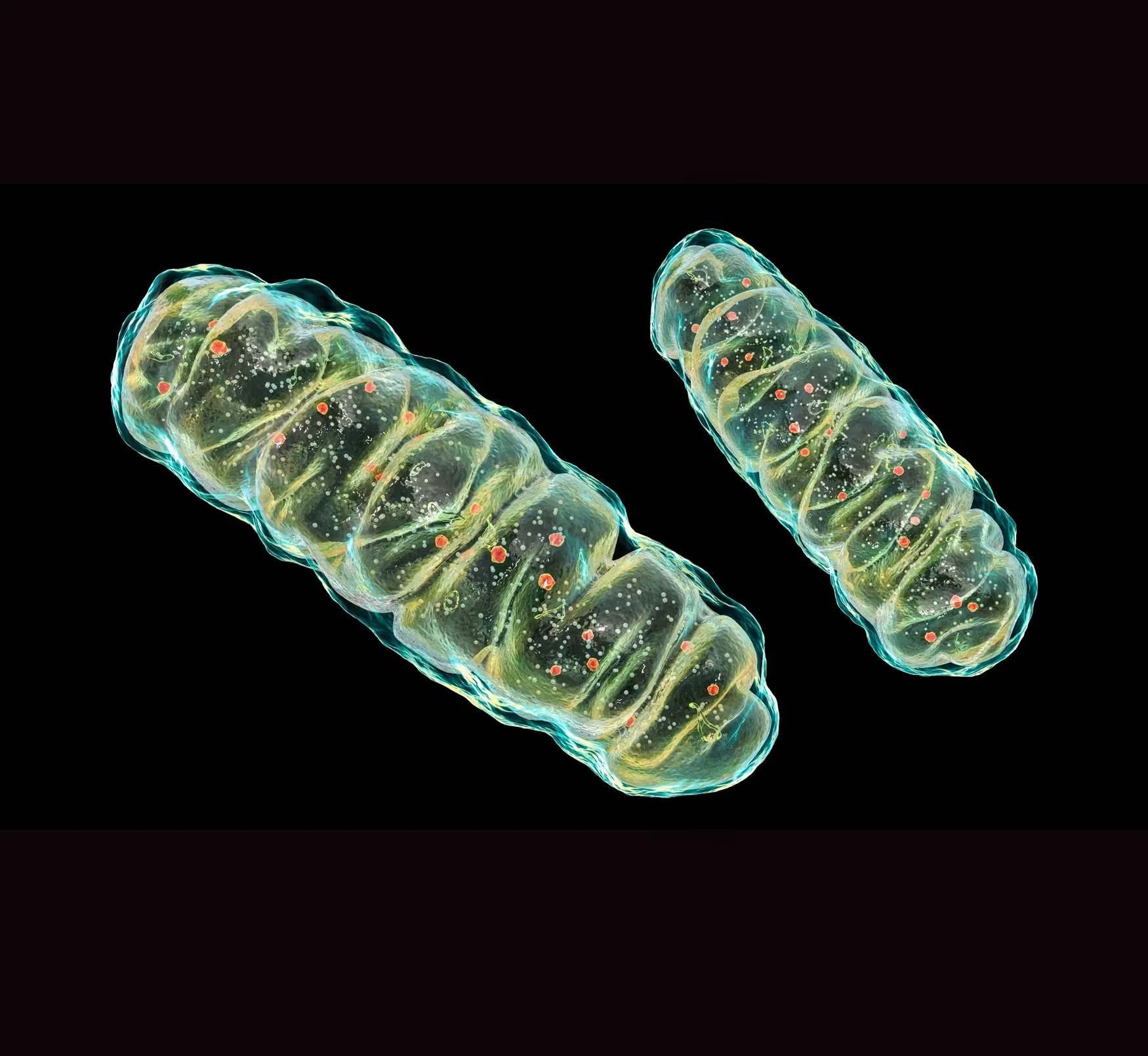
New study uncovers sleep's mitochondrial links
